A second Brexit referendum will inspire Trump's opposition
Quebec had one referendum on leaving Canada, and then had a second one. The result the second time was the same – but only just
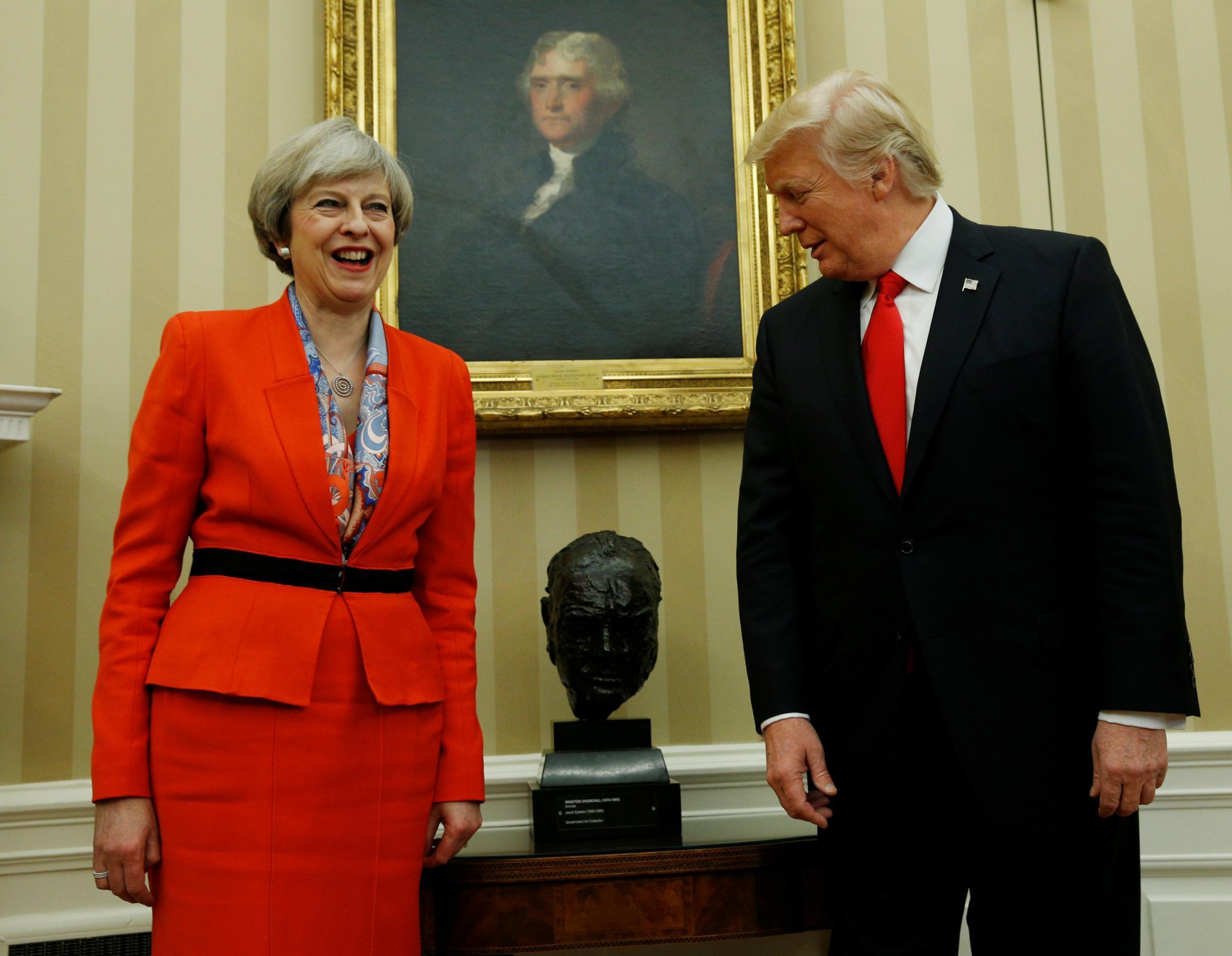
Britain is a nation with character not prone to self-doubt. It is resolute and knows how to suffer silently when things go wrong.
Americans know this because Margaret Thatcher told George Bush Sr not to go wobbly, because they watched Churchill and the Darkest Hour – both films that insist on the myth of British guts and glory – and because they’ll all get one of those “Keep Calm” T-shirts for Christmas. “Keep Calm, And Wait for Pence.” That sort of thing.
Given it has a few things of its own to keep calm about, the US could be forgiven for not knowing much about Britain’s Europe conundrums, and caring less. That, having decided 18 months ago to detach itself from the great integration experiment, it is now having something close to the collywobbles. That some are actually even talking about a second referendum.
Yet most Americans are aware, at least, that Brexit is a thing. Perhaps it’s because Madison Avenue itself might have invented the term. There is no mistaking what it means.
A Pew Research survey this summer found that only four out of 10 knew Rex Tillerson was Secretary of State, yet six out of 10 knew what Brexit was. They will know Tillerson better when he is forced out, of course, and there is already a word for that. Yes, you know it already. Rexit.
It didn’t hurt either that the two British politicians most responsible for packaging the Leave argument are more visible in America than most others. Plenty know who Boris Johnson is, but wouldn’t know David Davis from Santa Claus. A few, I am guessing, still think Tony Blair is Prime Minister.
As for Nigel Farage, he’s like a B-side artist permanently on American tour. Last we saw him was in Alabama, no less, as back-up singer for the egregious Roy Moore.
Were Britain actually to take a step back and attempt a second referendum on the topic, the act itself would not necessarily raise eyebrows. Second thoughts are allowed. Quebec decided by a wide margin in 1980 not to leave the union that is the rest of Canada, but 15 years later decided it had perhaps made a mistake and held a second referendum.
True, the outcome was the same and Canada was preserved, but the second time secessionists lost by only a whisker.
America is always changing its mind about things. Some states allow recall elections where anyone holding statewide office, including a governor, can be dismissed by voters even before their term is up. Wisconsin tried to do it to Scott Walker, though he outfoxed his opponents and held on.
States have referendums on all manner of topics – the legal sale of marijuana being a popular one these days – but they call them ballot initiatives. If you don’t like the result of an initiative one year, put it back on the ballot the next and trust people will vote differently.
When the US as a nation changes course on something, it’s usually because a new President is in the White House. For example, it loved the Paris Accord on climate change until it – or rather Donald Trump – didn’t. Same thing for the big Pacific trade accord, TPP.
There was even some shadow thrown on America’s commitment to Nato in the months after Trump’s election, but enough people went ballistic about in Washington that he was forced to clarify.
America celebrated the break-up of the Soviet Union and hardly minded the disintegration of the old Yugoslavia. But when it comes to the West, it prefers the status quo. The last President made his own distaste for Brexit well known.
Even with Trump and Tillerson running the show, Washington has similarly argued loudly against Catalonia splintering from Spain. “Catalonia is an integral part of Spain,” the State Department declared. “The United States supports the Spanish government’s constitutional measures to keep Spain strong and united.”
The DNA connection between Brexit and Trump is easy to decipher. Leavers and Trump shared the same nose for mischief, for excoriating accepted wisdom, mocking the experts and turning the traditions of cultural sensitivity and multiculturalism – political correctness, if you must – into political gunpowder.
The political establishments on both sides of one of the western world’s oldest alliances were up-ended by populist disgust with the status quo, and fear of the power of globalism. Ask yourself, which was the more shocking – or, alternatively, the more predictable – outcome in 2016: that of the British referendum, or of the American presidential race?
Any signs of a change of heart among the people of Britain would be welcomed, I suspect, by almost anyone in America who has never sipped from the cup of Trump – or who has, and already come to regret it. It would be interpreted as a sign that the anger that he and the Leave campaign harnessed had reached a high watermark, and was perhaps starting to recede.
Briton has a reputation to live up to, especially in America. Keep calm and forge on – never mind the consequences. But if it behaves differently this time, and acknowledges that maybe it erred, there are plenty of friends across the Atlantic who would admire it more for doing so, not less.

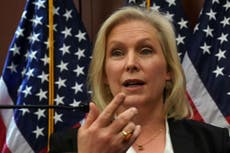
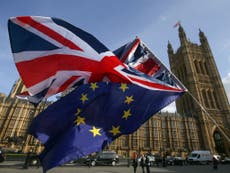
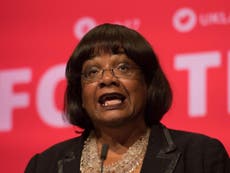
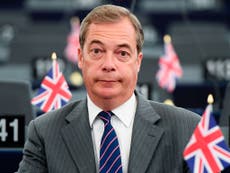



Join our commenting forum
Join thought-provoking conversations, follow other Independent readers and see their replies